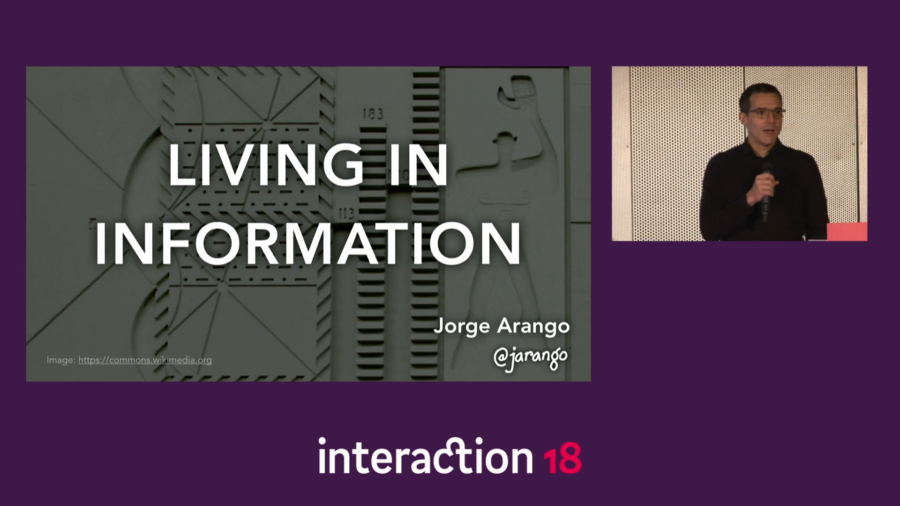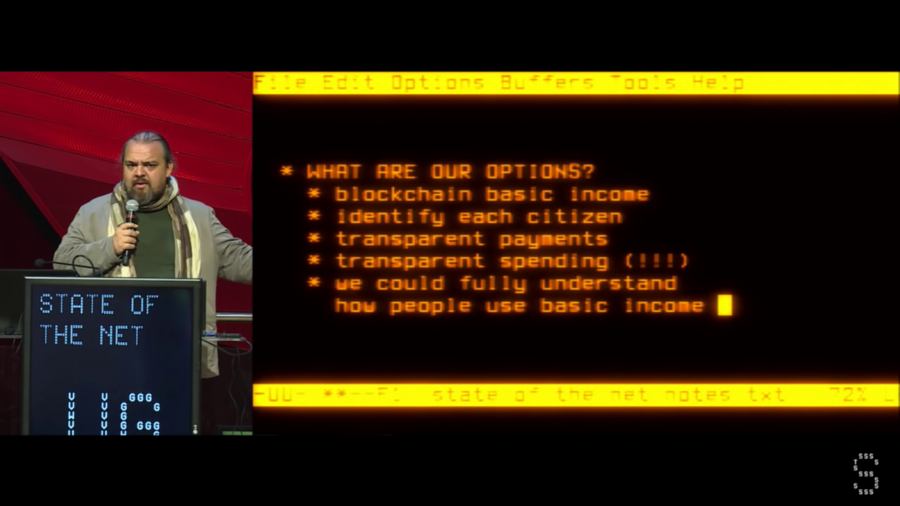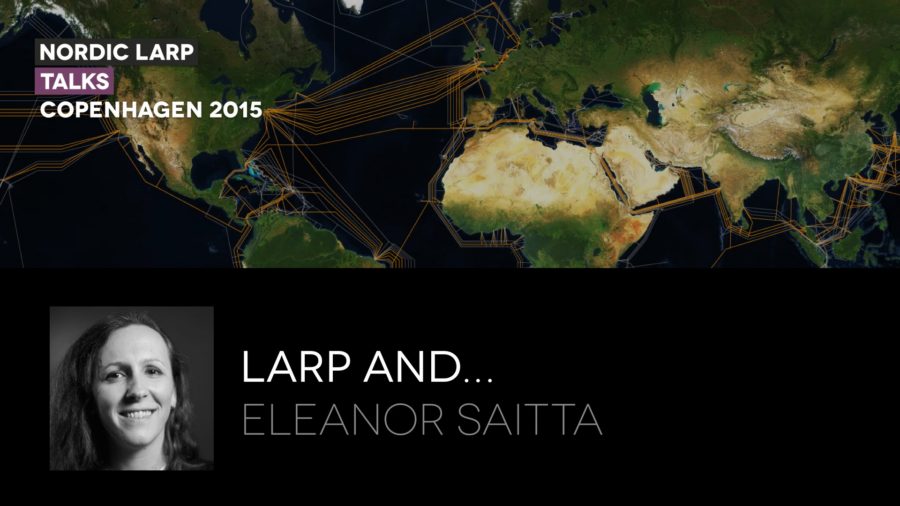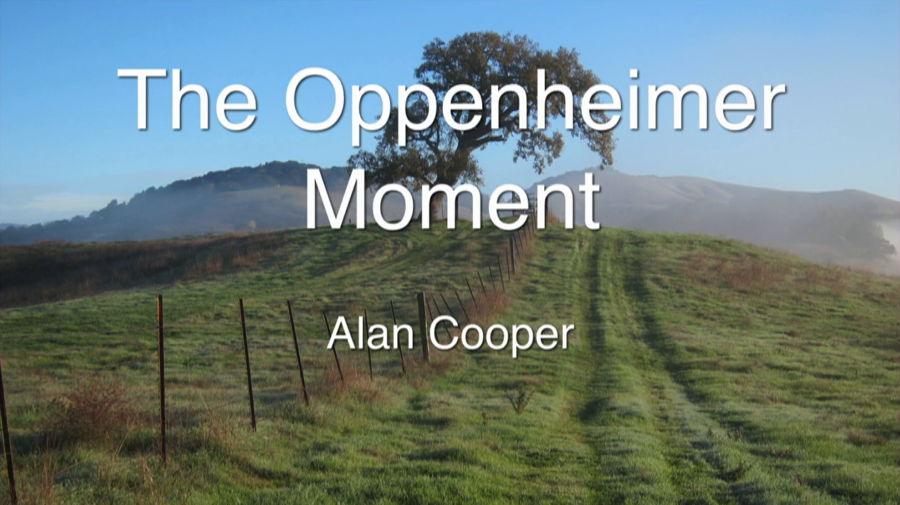Where did this evil stuff come from? Are we evil? I’m perfectly willing to stipulate you are not evil. Neither is your boss evil. Nor is Larry Page or Mark Zuckerberg or Bill Gates. And yet the results of our work, our best most altruistic work, often turns evil when it’s deployed in the larger world. We go to work every day, genuinely expecting to make the world a better place with our powerful technology. But somehow, evil is sneaking in despite our good intentions.
Archive (Page 1 of 2)
We’re in an era of overlapping crises, and I think that’s what makes it sort of unique. We’re aware of the financial aspect, which is sort of exponential increase in debt. We’re also aware that energy, the cost is going up because we’re reaching to deeper and more expensive reserves of energy, at least fossil fuels. So that’s another if not crisis then um… Well, actually it is a crisis, because the world we’ve constructed is based on cheap fossil fuels.

The framing of what we design is very important to how we go about it. We have not been framing these things as contexts. We’ve been framing them as products, services, and a whole other series of terms that are— Tools, for example. And these are things that are mostly transactional. They’re not things that are meant to be inhabited.

Everybody thinks of bureaucrats as being kind of a neutral force. But I’m going to make the case that bureaucrats are in fact a very strongly negative force, and that automating the bureaucratic functions inside of our society is necessary for further human progress.
I actually think you can trace many many of these big systemic crises to being symptoms of the flawed idea that economic growth can go on indefinitely, exponentially, on a finite planet. That’s sort of my North Star. And then as a finance person, why do we think we need economic growth? Well, because the way our capital system works is that capital demands that growth.

I’m going talk to you guys about larp and. Larp and a whole lot of other things. Because I think the most interesting things about larp are maybe not actually larp itself, but when larp meets a whole bunch of the rest of the world.
We are in the midst of a shift in how we encounter information. And we’re wrestling with three paradigms at the same time. The oldest of these paradigms, for for most of us, is edited media. … You have a powerful gatekeeper, the newspaper editor, who says, “Here are things you need to pay attention to today. Give this a small amount of your time, and you will be roughly up to date with what you need to know.”
It’s like we’ve got all these proxy wars going, where people are fighting bitterly over these things. And if you could sort of go back to the original global conflict almost, of ideas, I think you’d get to some interesting arational assumptions. Some of which would be different. Some of which might be very similar. And then you’d wonder why the hell are these proxy wars going on?
The worst-case scenario for Detroit would be that the architecture of the Internet as it is now continues, and Detroiters’ stories, voices, lives, are absent. And the New York Times story about the creative class saving Detroit, or the documentary about the abandonment and wholesale destruction of Detroit that portrays it as a wasteland and a blank canvas ready for entrepreneurial exploitation, that those stories are defining the national, the global imagination of what Detroit is. And that those stories, they don’t use influence people’s desire to come here and do those things and live that life, though that’s part of it, but it also shapes the perception of people inside the city.
Some of my artist friends think what I’m doing isn’t art, and I’ve given up on art. It’ll take care of itself. You know. I mean it’s always been there, it will always be there, and we always know that new art never looks like art at first, ever. So why should this be any different? We just have to trust the process. And I would say that must be true for every other discipline.

